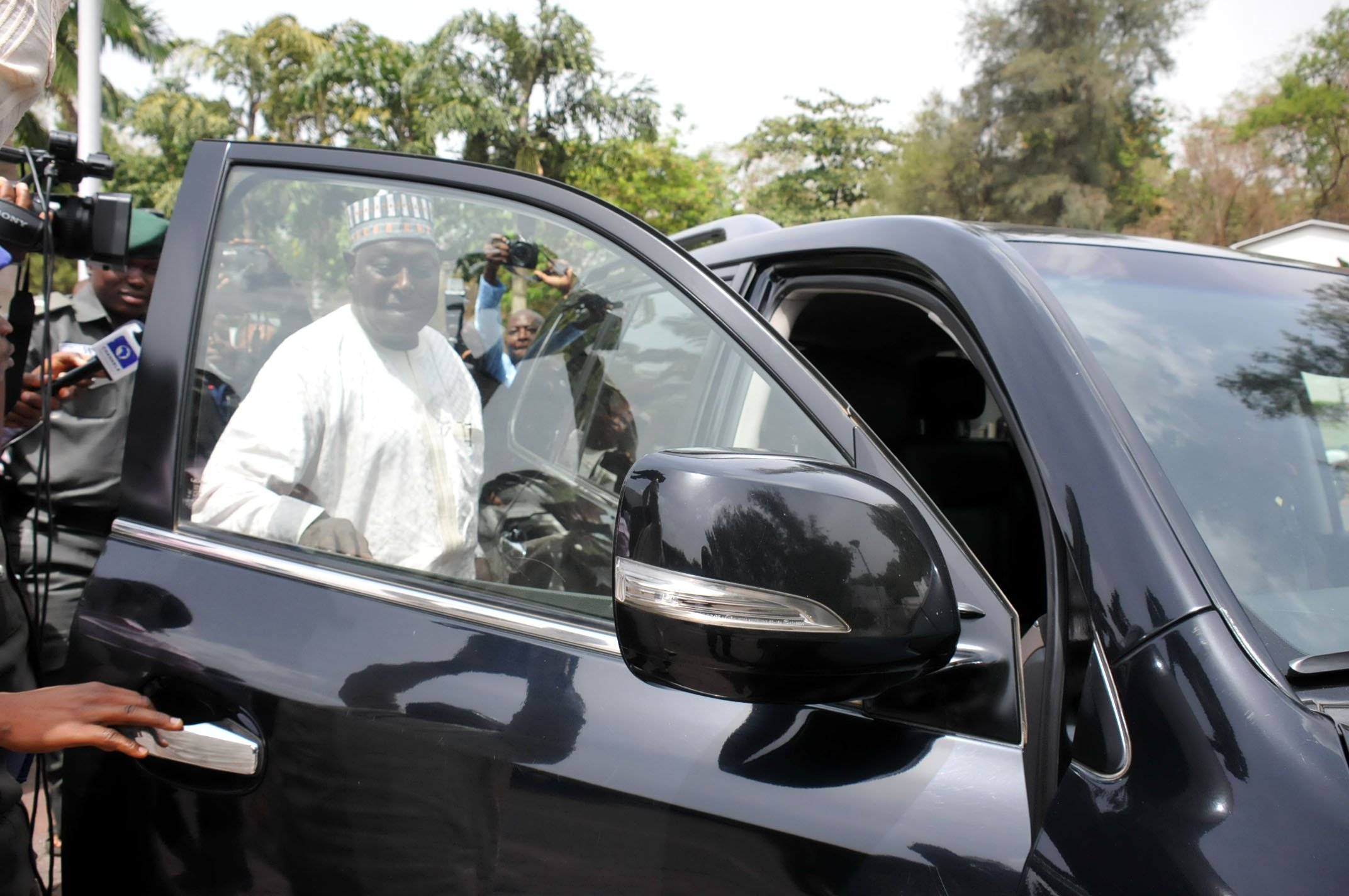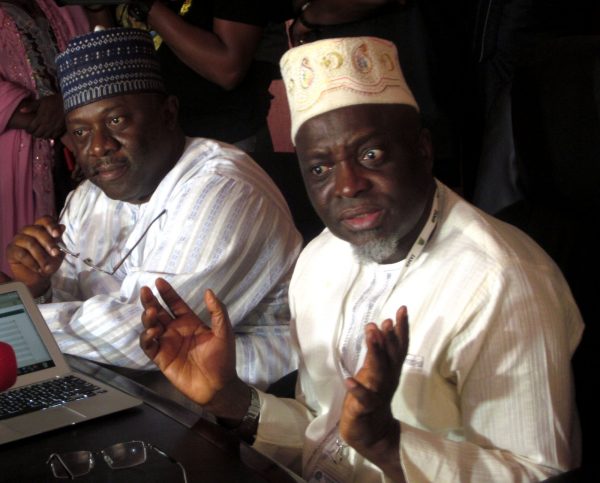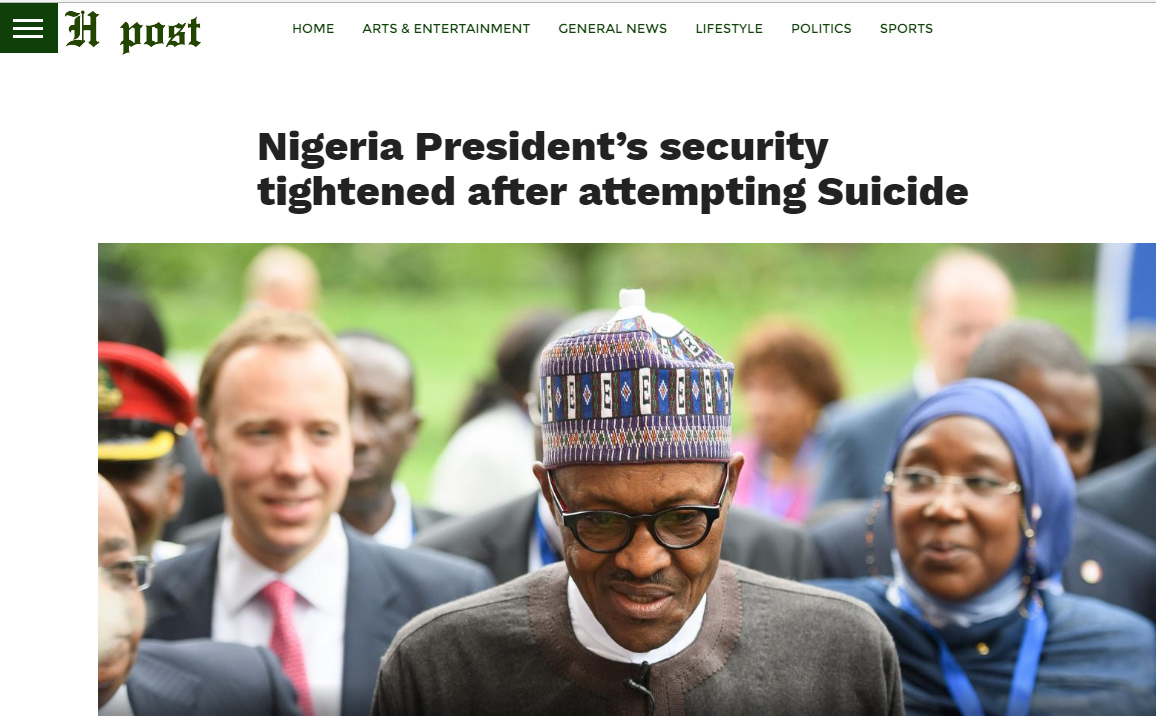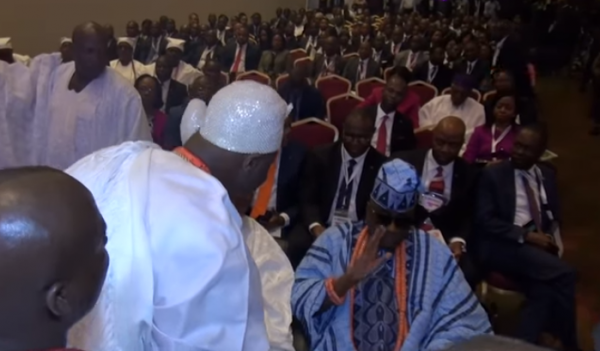SANI MOHAMMED UZAIRI
There is a universal acclaim that apart from perhaps the modest contributions of Asiwaju Tinubu, President Buhari rode largely on the back of his putative integrity to power.
Variously, he has been described as a no nonsense general, anti-corruption czar and a man whose predilection for social justice had earned him the disgust of the country’s dirty political power brokers. Grapevine discourse has it that it is these same values that almost retired him into political oblivion.
Against this backdrop, it would be expected that Buhari’s return to power will mark an end to not just impunity and nepotism, but also beam the searchlight on procedure fairness in discharge of governance. Alas, the old general started in an unenviable manner with the hallmark of this government being cluelessness and incompetence, and resultantly setting the country in rudderless.
By Wednesday noon, the news of the suspension of the secretary to the government of the federation (SGF), Babachir Lawal, infamously referred to as the grass cutter stirred public discourse with a section of the populace striking a responsive chord of approval for the president’s action. The president even went further to symbolically constitute a committee to look into the prima facie case established against the SGF. But, despite this action many still doubt the sincerity of the president.
Advertisement
They ask, why now? What has all of a sudden changed from whence the SGF was indicted by the senate? Why constitute a committee when we have security and anti-graft agencies mandated by law to take up such matters? Is the constitution of the committee not a duplication of function and a financial and economic waste to a country trying hard to recover from recession? And is the membership of the committee not an affront on the law of natural justice which stipulates that one cannot be a judge in his own case? When is Buhari ever going to properly investigate his cabinet members linked with one corrupt case or the other?
For all intents and purposes, Buhari with his double standard in the fight against corruption and unabashed disdain for procedure justice has only succeeded in reinforcing the view of sceptics that he is running a government of witch hunt. Many reckon that Buhari suspended the SGF because he didn’t have the luxury of other alternatives, his hands were tied.
After the discovery of the humongous money in the Lagos apartment of director general of the Nigeria Intelligence Agency (NIA), Amb Ayo Oke, there was an outcry against an attempt by the government to cover up the ownership of the money. And it is presumed that this forced the president to swing into action. And in anticipation of backlash from the opposition and especially ethnic bigots, he had no choice but to equally suspend the SGF who has been severally accused of corruption in a feign effort to send strong signals about his zero tolerance for corruption, even when it is against his kitchen cabinet. But the redeeming factor is that the scales have fallen off the public eye, and never again will they be deceived.
Advertisement
Before this legendary grass cutter’s case, there were other cases of malfeasance and financial shenanigans against government officials, yet the president in his penchant for selective justice turned a blind eye, whilst at the same time vigorously prosecuted and waged a media war against opposition elements. Here I catalogue a few of such cases.
Peradventure, the first major scandal that broke out in this government was the case of foreign exchange racketeering where government officials were granted forex reliefs at the expense of the suffering masses. Buhari’s special adviser, Gariba Shehu, was particularly mentioned as one of the beneficiaries of this sharp practice. This act projected the image of government in bad light, even though Gariba Shehu would later come out to expectedly exonerate himself of any wrong doing. But as a government that prides itself with its anti-graft drive, it was expected that it will take any case of malfeasance however infinitesimal seriously regardless of who is involved; and order investigation with a view of sending strong message to other government officials that no one will be protected.
The next after Gariba Shehu was Abba Kyari, the president’s chief of staff, who was reported in the media to have taken 500 million naira bribe from MTN to help mitigate the sanctions impose on it by the Nigerian Communication Commission (NCC). This issue generated wide spread opprobrium and it was expected that as a responsible government, the anti-graft agencies will be charged to investigate the case and apply sanctions where appropriate, yet the president characteristically elected to turn a deaf ear. The same Abba Kyari was again reported to have been fiddling with the finances of the Nigerian High Commission in London yet not even a query was issued to him. This, more than anything, reinforced that fact that this government offensive against corruption is nothing but a ruse.
Then was the case of Lai Mohammed, the minister of information, who was exposed for abusing his official privilege by requesting for about 13 million from one of the agencies under his supervision. The public made all the noise yet nothing tangible came out, not even a query, was issued to the minister.
Advertisement
Following suit was the case of contract inflation to the tune of 166 billion naira and violation of laws guiding the award of contracts against the minister of works, power and housing, Babatunde Fashola, which resulted in the Bereau of Public Enterprise issuing the minister a query requesting the minister to explain the cost of some of the projects and why they were awarded to unqualified firms. That was the last heard about the case as any other thing seem to have been shrouded in secrecy.
In brief, the import of my discourse is that if the president must fight corruption, it must be built on the principle of equality and fairness before the law and there must be no sacred cows.
Aequalitus est quasi equitas
Sani Mohammed Uzairu writes from Near East University, Cyprus and can be reached via [email protected]
Advertisement
Views expressed by contributors are strictly personal and not of TheCable.






